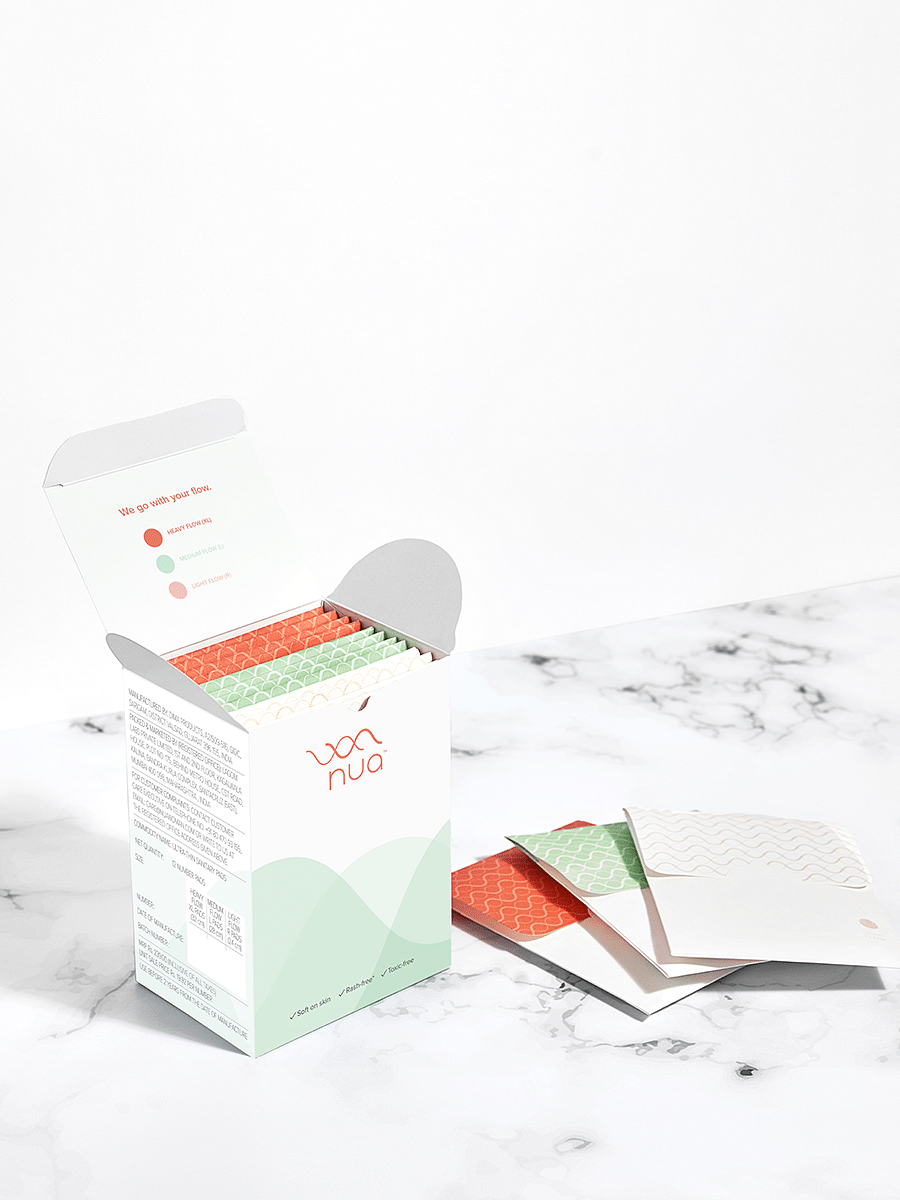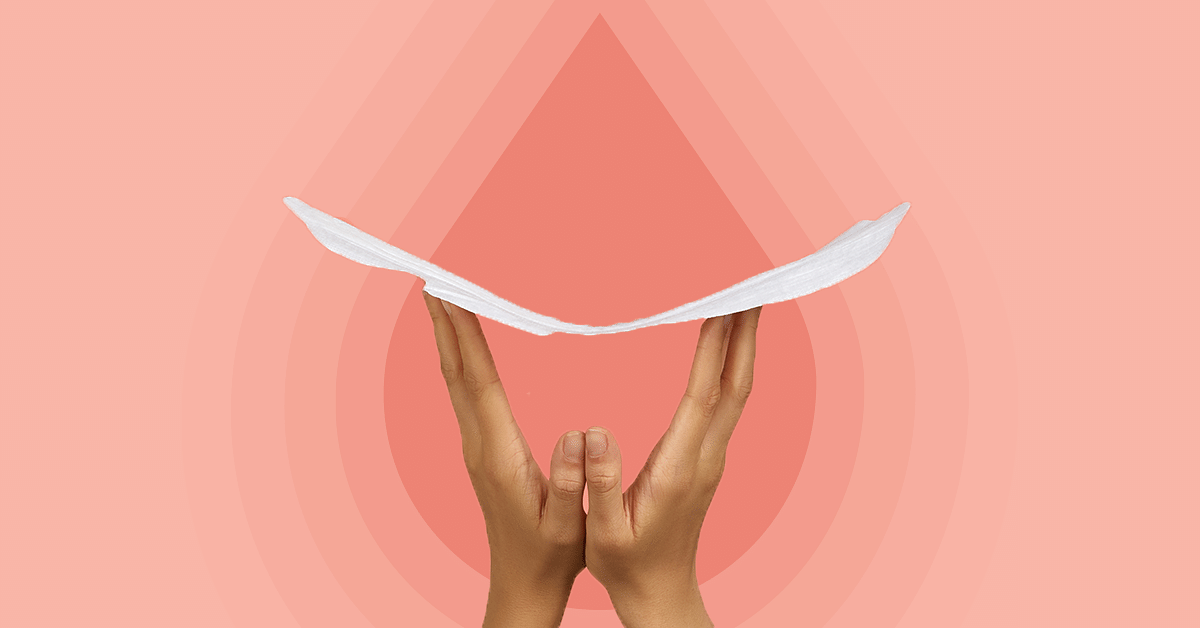Getting your period every month is not always convenient, but it shouldn’t be a hassle. Unfortunately for some women, this is a reality. Managing abnormally heavy periods can be tough, and one that no one prepares you for. We’re here to talk about a few tips that might help make your life just a little easier.
Believe it or not, there is actually a medical difference for excessive menstrual bleeding. Women who lose more than 80 ml of blood per month are considered heavy bleeders. How much is 80 ml? It’s hard to quantify, so doctors will normally ask specific questions to narrow down the red flags for heavy bleeding. Questions like: Do you bleed longer than 7 to 10 days? Do you feel dizzy or light headed during your period? Does your period disrupt your regular activities? Do you soak through a pad or tampon faster than two hours? These are the questions to consider when doctors are looking for red flags in their patient’s menstrual experiences.
If these are questions you can relate to, and haven’t mentioned it to your healthcare provider, it’s worth mentioning. Bleeding heavy in itself isn’t a critical condition, however, a sign of possible underlying conditions like clotting disorders, fibroids, polyps, etc., that can cause pain, infertility and other problems that should be addressed. Even if any of these underlying problems aren’t a cause, there’s still ways to manage heavy bleeding that can allow your daily routines to continue uninterrupted.
Use heavy flow pads
Not all pads can help you with heavy bleeding, so you have to get the one’s that do! There could be the case that you bleed heavily for a few days of your period if not all. So, its important to stay leak-proof, if your out or in the comfort of your home.

PS: Nua’s Sanitary pads have variants for light medium and heavy flow to help you manage heavy bleeding. Check them out here.
Try a heating pad
Heating pads can help reduce common period symptoms, such as pain and cramping. This is because the warmth of the heating pad can relax the muscles involved.
Nua’s Cramp Comfort Heat Patch can radiate warmth to your lower abdomen for upto 8 hours without the risk of spilling hot water on your skin.
Get plenty of rest
The body needs energy to restore the blood that it loses during a heavy menstrual flow. Taking time to rest whenever possible is important, and it can help prevent fatigue.
Exercise
Exercise helps some people deal with menorrhagia. For example, activities such as yoga can help reduce related stress.
Hydration
A heavy period causes the body to lose a lot of water, as well as blood and iron. Replenishing this water by staying hydrated can support overall health and energy levels.
A heavy period is very common, and various techniques can help with managing it.
Lifestyle strategies, products such as menstrual cups, supplements, and over-the-counter medications can all help with symptoms while a person works with their doctor to determine the best approach. For some people, doctors recommend additional medication or surgery.
Even when a person can manage their heavy flow, it is still best to consult a doctor, who will want to investigate and identify any underlying issues. This can help reduce the intensity and duration of the flow.
We know how tough it can be to manage your periods and their symptoms, but with our range of period care products, we want to make the task a bit easier for you! Shop it all here to #GoWithYourFlow.








